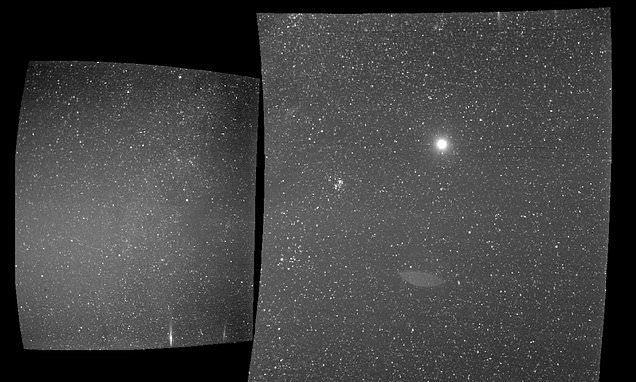👀
Rowan Williams backs call for mass civil disobedience ‘to bypass the government’s inaction and defend life itself’

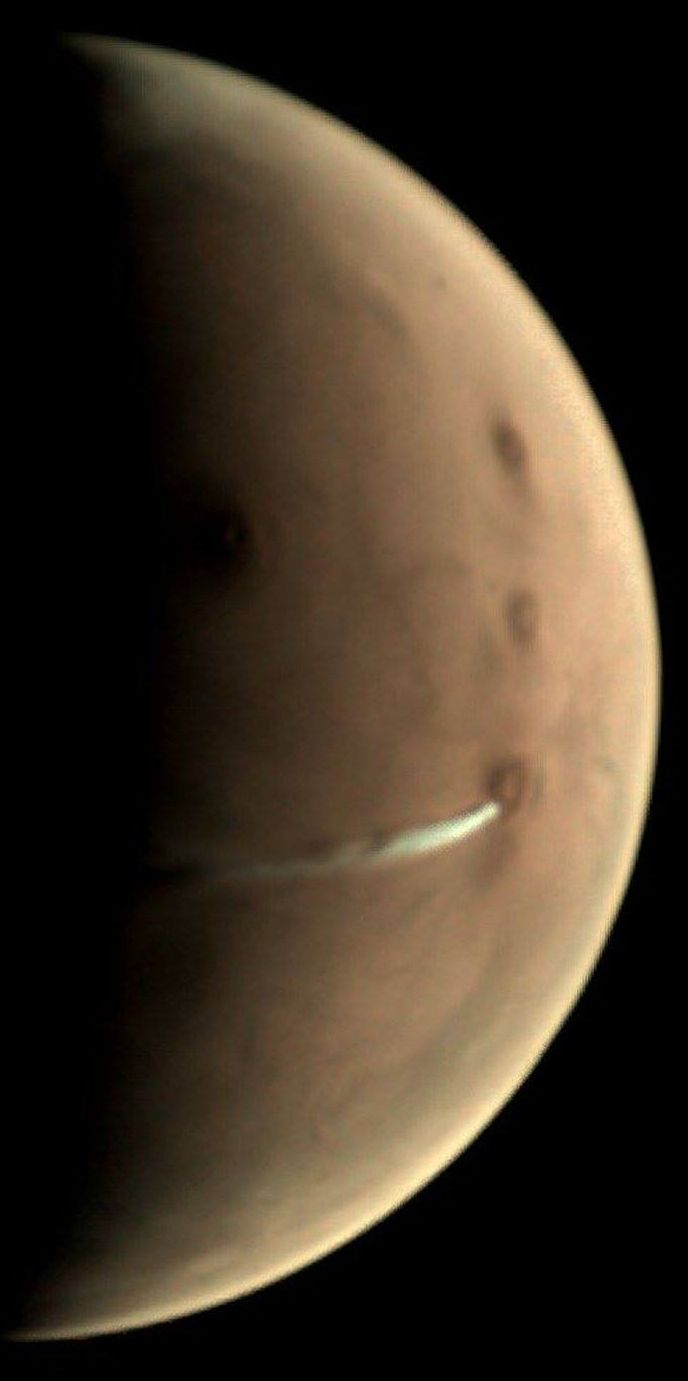
There’s a Strange Cloud on Mars Right Now, and It’s Just Hanging Around — For more than a month now, a European orbiter circling Mars has been watching a long, plume-like cloud on the Red Planet. The cloud has remained in place over a mountain called Arsia Mons near the Martian equator since Sept. 13, according to a statement released by the European Space Agency (ESA). But that location is just a coincidence, the agency adds. No volcanic process is producing the cloud — the volcano hasn’t been active in about 50 million years…at: https://www.space.com/42257-strange-mars-cloud-on-mars-phot…
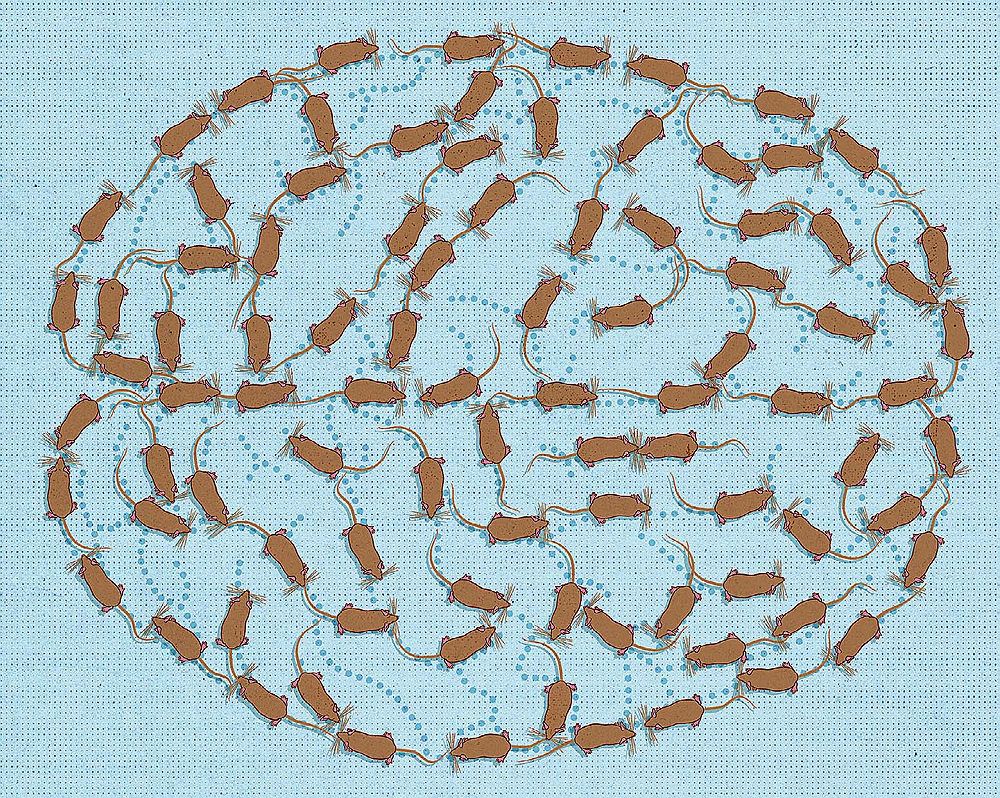

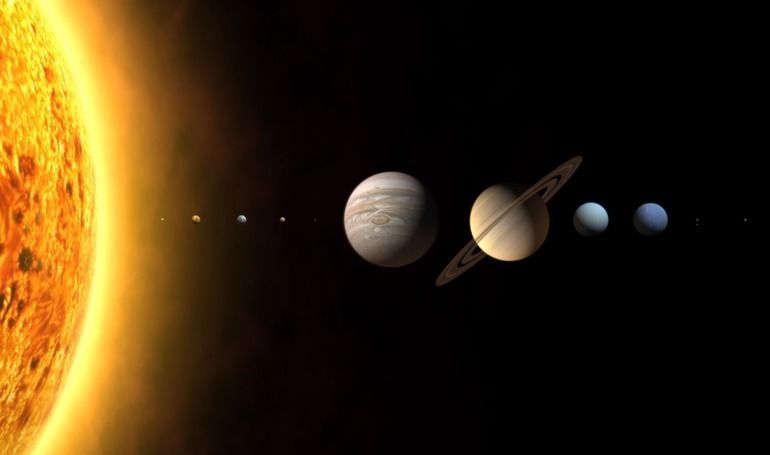

It seems that opposition against anti-aging medicine may be slowly starting to crumble. For example, Lifespan.io’s current crowdfunding campaign is going extremely well, and journalists begin to talk about senolytics in positive terms, without any predictions of doom and gloom resulting from these upcoming drugs. Make no mistake—the pro-aging trance is still alive and well; for each journalist who puts time and effort into actually understanding senolytics and the health benefits that they are expected to bring to older people, there’s probably five who show little to no knowledge of the subject and rage against unspecified “immortality” technology and related impending catastrophes. This should tell us something about the kind of understanding they have of what they criticize—or how badly they need a clickbait piece to bring in visitors.
Today, the pro-aging trance is something that only rejuvenation advocates are aware of and battle against, but maybe, fifty years from now, it will be an interesting phenomenon of the past for psychologists to figure out. Maybe, on the YouTube of 2068, there will be videos making fun of it in pretty much the same way that some people today make fun of the old belief that hysteria was caused by stray uteruses wandering around women’s bodies.
The pro-aging trance is rather interesting indeed, as people who are subject to it tend to commit fallacies that they would never commit in other contexts. A very good example of this is the objection to inequality of access: this reasoning assumes that rejuvenation would not be available to everyone who needs it, for economical, political, or whatever reasons; understandably, this is perceived as a profound injustice, which pushes a fair number of people to make a leap and conclude that the best way to avoid this injustice is to never develop rejuvenation to begin with.
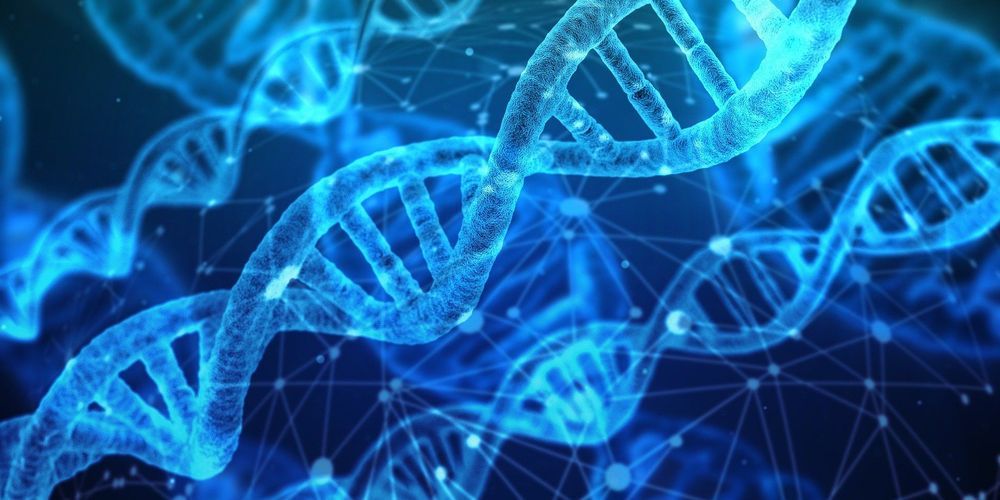
Proteins are the building blocks of the cell. They do most of the work and are essential for the structure, function and dynamic regulation of the cell and body’s tissues and organs. Proteins rarely work alone, they interact, form protein complexes or bind DNA and RNA to control what a cell does. These complexes are key pieces of many important reactions within the cell, such as energy metabolism or gene regulation. Any change in those interactions, which can for example be caused by a mutation, can make the difference between health and disease. Hence, for understanding how cells operate, or what might go wrong in ill cells, it is essential to know how their building blocks interact.
New technologies allowed scientists during the last decades to understand the genetic information an organism possess, which of this information is actively used and which proteins are made by the cell in different circumstances. Now it is a big challenge to understand how biomolecules such as proteins and RNA messenger molecules combine to form the complexes required for a functional cell. In other words, we know the ten thousands of parts a cell is build off, but we don’t know how they belong together.
In a paper published in Nature Communications, scientists at the Centre for Genomic Regulation (CRG) describe the development of a new method, named “rec-YnH”, which was designed to understand the complexes formed between hundreds of proteins and RNAs at the same time.

“Previous work mostly focused on what was going on at the microscale of DNA,” says study co-author Michael Shelley, group leader for biophysical modeling at the Flatiron Institute’s Center for Computational Biology in New York City and co-director of the Courant Institute’s Applied Mathematics Laboratory at New York University. “People didn’t really think about what was going on at the larger scale.”
Shelley and colleagues simulated the motions of chromatin, the functional form of DNA inside the nucleus. Chromatin looks like beads on a string, with ball-like clusters of genetic material linked by strands of DNA. The researchers propose that molecular machines along the DNA cause segments of the chromatin to straighten and pull taut. This activity aligns neighboring strands to face the same direction. That alignment, in turn, results in a cascading waltz of genetic material shimmying across the nucleus.
The dancing DNA may play a role in gene expression, replication and remodeling, though the exact effects remain unclear, the researchers reported online October 22 in Proceedings of the National Academy of Sciences.
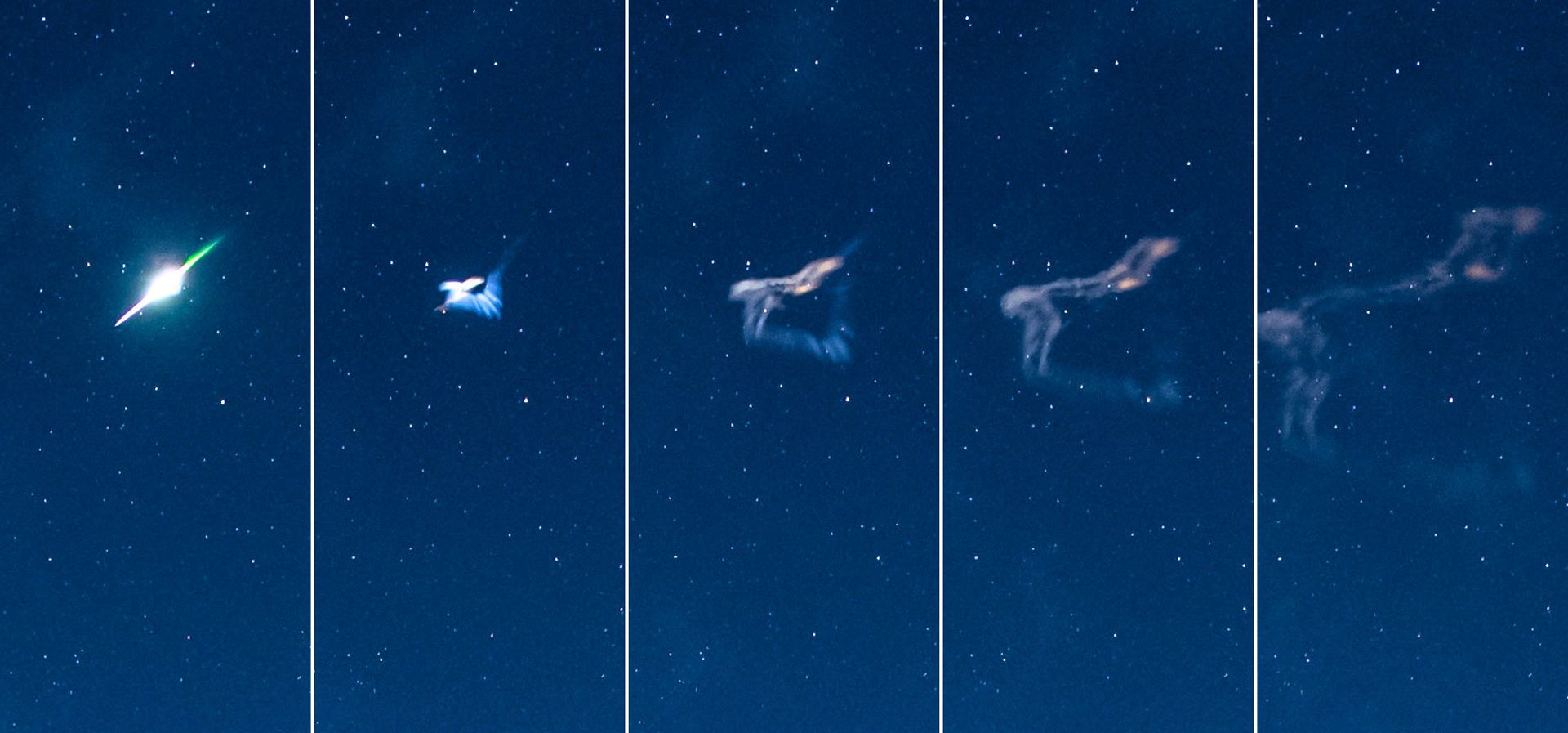
A man in the U.K. managed to capture photos and video of a lifetime, documenting the exact moment when a meteor exploded and then disintegrated above a castle.
The images and video were caught during the Orionid meteor shower on Saturday, Oct. 20, SWNS reports. 44-year-old Nick Jackson was heading to take images of Clun Castle in Shropshire when the celestial object made its debut.
Mid-way during the shoot, Jackson saw the giant meteor behind the castle and said: “I immediately thought, ‘I hope that was caught in the frame.’”
